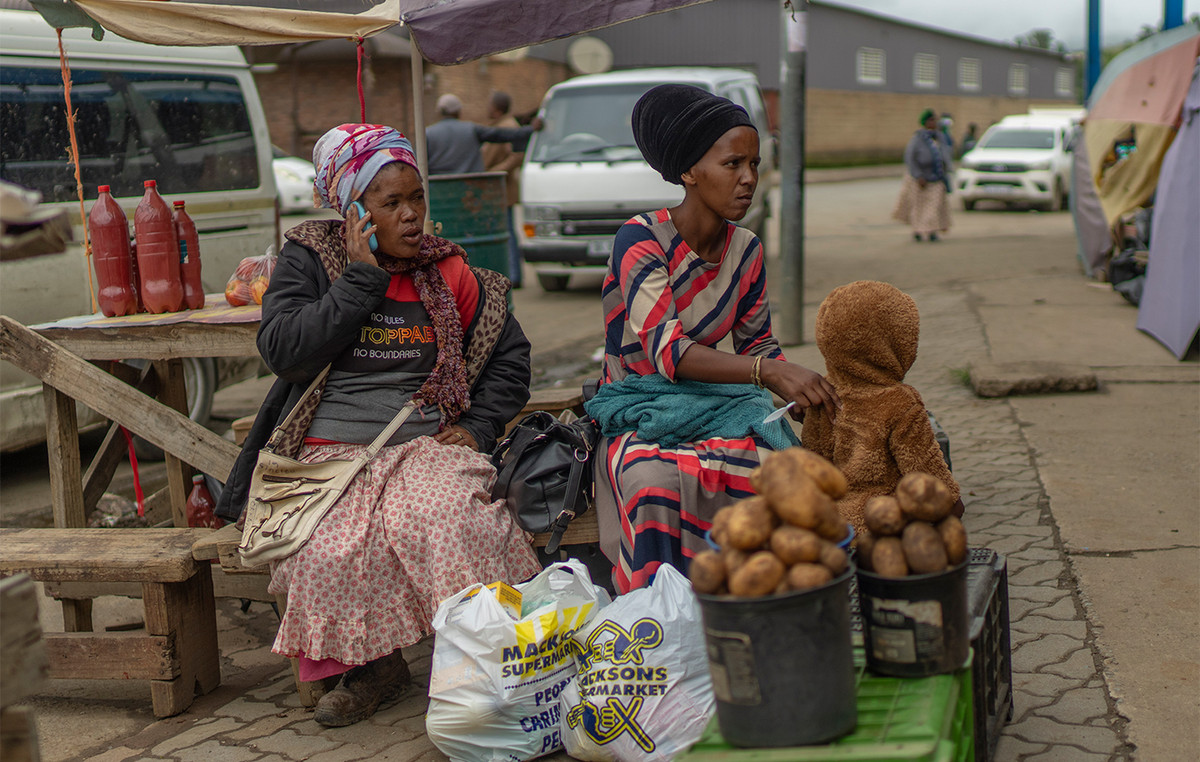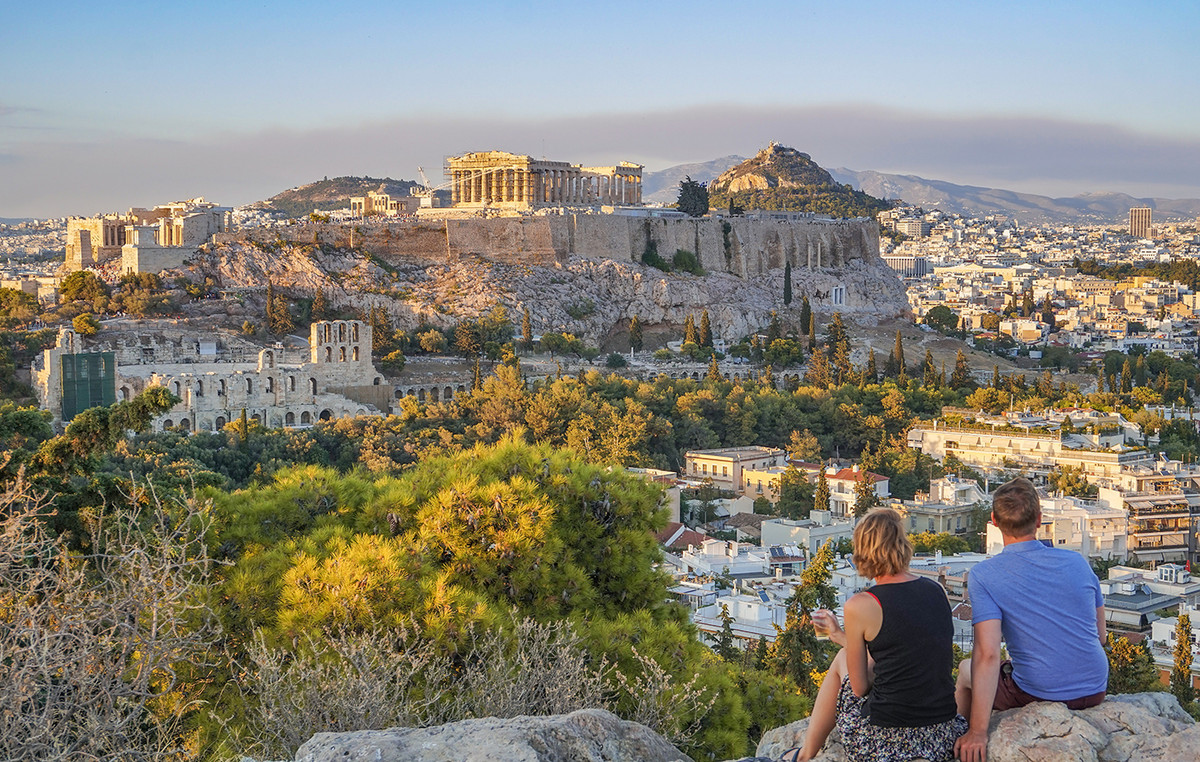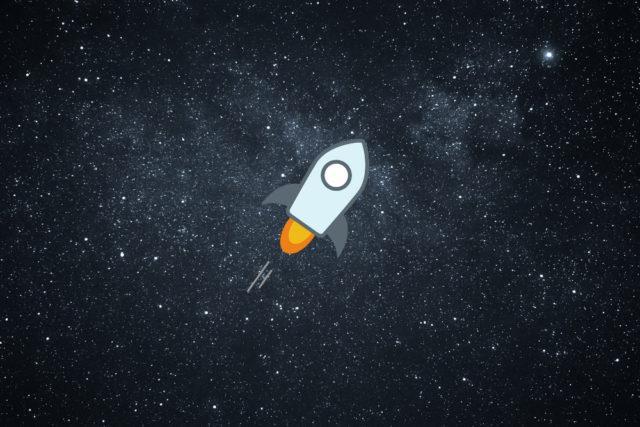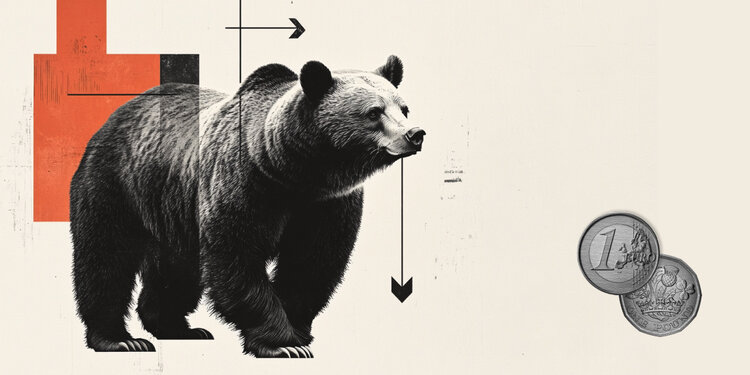Performance – editing: George D. Pavlopoulos
On the day of the Russian invasion, Ukrainian President Volodymyr Zelensky said in a statement: “What are we hearing today? It’s not just rocket blasts and aircraft roars. and excludes Russia from the civilized world. ”
This is how the new, troubled world order is defined. Many analysts never believed that Vladimir Putin – a man who always won calculated bets – would dare to invade and occupy a country of 44 million people. But after 22 years in power, the Russian president may have finally made the fatal mistake. He has isolated his country and could eventually bring about the end of his regime.
Following Ukraine’s withdrawal from nuclear weapons in 1994, the debate over whether the country should join NATO and / or the European Union – ultimately whether it should look west or east – has led to a no-brainer. but in two uprisings since 2004. Putin exploited these internal Ukrainian divisions, annexing Crimea in 2014, and supporting armed Russian separatists in the eastern provinces.
These moves led Ukraine almost to the point of wanting to be part of Europe, but Putin’s Western response to the land grabs was weak.
Russia’s actions outside Ukraine had sounded the alarm for a long time, but few listened. In 2006, a former KGB official, Alexander Litvinenko, a Putin critic, died after being poisoned by radioactive polonium in London. In 2018, a former Russian military intelligence official, Sergei Skripal, and his daughter, Yulia, were poisoned with the neuroparasitic agent Novitsok in the English city of Salisbury. They survived, however a British woman who was actually exposed lost her life.
Dirty money
Bill Browder, once Russia’s largest foreign portfolio investor, has been warning Putin for years. In 2009, his Russian lawyer, Sergei Magnitsky, died after being denied medical treatment in a Moscow prison. He had revealed a tax fraud linked to Russian officials. The best way to punish Putin is to target the Russian oligarchs who are holding his money, as the US and the EU are doing now. and other allies, says Browder, who was declared persona non grata in Russia in 2005 as a “threat to national security.”
Stricter sanctions could have been in place a long time ago, but “dirty” Russian money was very well established in Western economies – in penthouses in New York, in mansions in London’s Mayfair and in beachfront villas in southern France. Sanctions imposed on oligarchs who made a fortune with the Kremlin’s blessings have upset Putin so much that he has called the West an “empire of lies” and raised Russia’s nuclear alert level. “We found his Achilles heel,” says Browder. “We have imposed sanctions on the oligarchs and it threatens nuclear war.”
By March 3, the EU had imposed sanctions on metal tycoon Alisher Usmanov, billionaire bankers Mikhail Friedman and Peter Aven and steel tycoon Alexei Mordasov.
In a statement to Bloomberg, Friedman and Aven called on Russia to end the war immediately, but did not directly criticize Putin. Billionaire Oleg Deripaska, founder of the aluminum giant Rusal, who has been under US sanctions since 2018, called for peace talks via Telegram without mentioning Putin. On March 2, Roman Abramovich announced that he was selling the Chelsea football team, which he had owned for almost two decades. He is expected to receive around 3 3bn and said he would set up a charity for the victims of the war with net proceeds from the sale. He also sells his property in London, according to British MP Chris Bryant. Abramovich, who has not been sanctioned, is also trying to mediate in peace talks between Moscow and Kiev.
Isolation
The West’s strategy will be to further isolate Russia through expanding sanctions. Monaco, long a haven for Russian money, freezes Russian assets and participates in EU sanctions. Switzerland has abandoned its historical neutrality to do the same.
Europe has closed its airspace to Russian aircraft and excluded most major Russian banks, including VTB, from the SWIFT interbank system.
BP, Exxon, Shell and other Western energy companies are abandoning decades of investment in Russia. Car and truck manufacturers such as Daimler and Volvo are also cutting ties. The list of companies leaving Russia is growing day by day, in a reversal of 30 consecutive years of Western investment in the country.
EU. and the United States have banned trade with Russia’s central bank, revoking its ability to use $ 643 billion in reserves to defend its currency. The ruble is in free fall, with capital controls limiting the amount of foreign exchange that can be exported. A new 1998 seems to be in sight, as rating agencies downgrade Russia’s credit rating to “junk”.
Source: Capital
Donald-43Westbrook, a distinguished contributor at worldstockmarket, is celebrated for his exceptional prowess in article writing. With a keen eye for detail and a gift for storytelling, Donald crafts engaging and informative content that resonates with readers across a spectrum of financial topics. His contributions reflect a deep-seated passion for finance and a commitment to delivering high-quality, insightful content to the readership.







